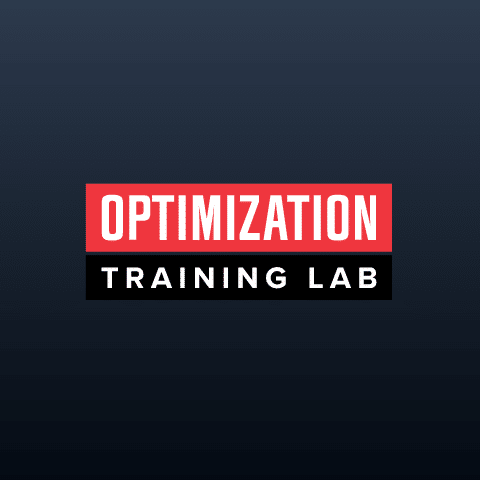| One of our core missions is to help you have greater physical strength, energy, resiliency, and zest for pursuing all of your goals. If these virtues are ones that support the person you wish to be then the Fletcher Fitness system is based on behaviors to help you develop those virtues. The Fletcher Fitness system has evolved over time, and in some ways, has been reduced back to some basic concepts and focuses on mastering fundamentals. What began as a search for the very “best” way, has lead to the realization that there are many good ways to become stronger and more fit. What I am presenting here is a system that allows us to do so in an effective, safe, and efficient manner that can be sustained for a lifetime. To begin explaining the system, I think it is first important to make the distinction between what we define as exercise and how we distinguish exercise from movement in general. We define exercise as mindful movement or activity with the primary purpose to stimulate or set in motion a positive physical adaption within the body. The Fletcher Fitness system is based on principles that allow us to deliver exercise that is effective in creating the stimulus but that also focuses on making that exercise safe and efficient. Many activities and modes of movement may be effective at creating an adaption but this may not be their primary purpose nor may they be focused on being safe and efficient. Many of the basic principles of HIT (High Intensity Training) were developed by the founder of Nautilus exercise equipment, Arthur Jones. Jones and his equipment helped revolutionize the fitness industry. Jones believed that the training most people were doing at the time was haphazard at best and was based mostly on feel and not application of science and logic. Although some people got results, he believed that there was a more effective and definitely more efficient way to train. Therefore he developed a set of principles to guide training based on logic and what was understood about human physiology. The principles he used to develop the training system and equipment became known as the Nautilus Training Principles. Ken Hutchins later outlined the “Five Distinctions Between Exercise and Recreation.” These distinctions were covered in detail in Ken Hutchins’s book on SuperSlow and “The Renaissance of Exercise.” Exercise Recreation Logical Instinctive Universal Personal General Specific Physical Mental Not Fun Fun Based on my observations watching people train for over 30 years I would say that many people still don’t have a logical reason for what they do for training based on the stated goals they have for training. Sometimes this can be due to the fact they simply don’t “know” what they should be doing. Other times it can simply be that they are not being logical in their decision making. It is for that reason that I want to give you the ‘why” behind every training session. I believe that optimal exercise or training should be logical. My philosophy is that you should know why you are doing what you are doing if you want to be as efficient and effective as possible. One of the biggest takeaways here is that we will often choose what we like to do versus what we know we need to do to move towards a goal. I was reminded of this idea while watching the movie, “The Adam Project”, where Ryan Reynolds’s character, “Adam”, goes back and time and meets the 12 year old version of himself. The 12 year old Adam is small for his age and is often bullied at school. He his impressed with the ripped version of his future self but also ask, “Does everyone skip leg day in the future.” If you visit almost any Big Box gym on Mondays, you will find it difficult to find a bench press available to train on but will always be able to find an open squat rack. This is the case even though many of those waiting in line to use the bench press have under developed lower bodies despite saying they would prefer not to have such skinny chicken legs.We will continue this discussion next week following up on the distinctions between exercise and movement. Commit • Show Up • Don’t Quit • Be Uncommon • Be Your Best Self |
